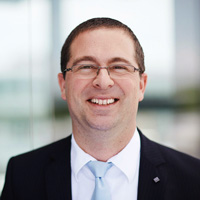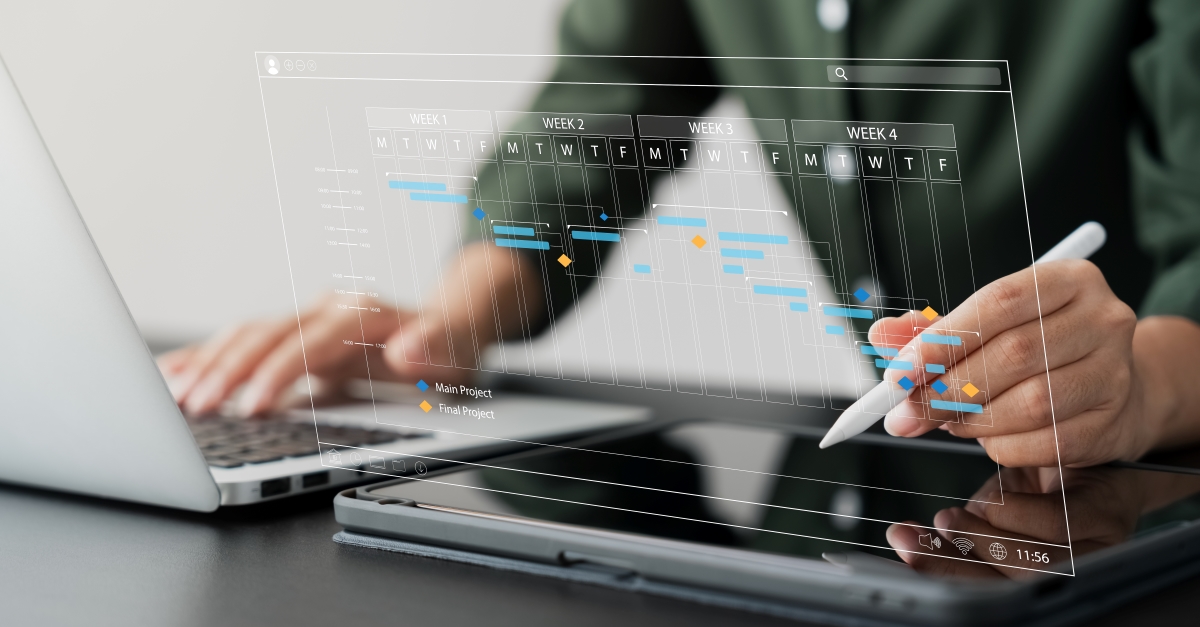Smart farming: how procurement and supply chain can brace for challenging times
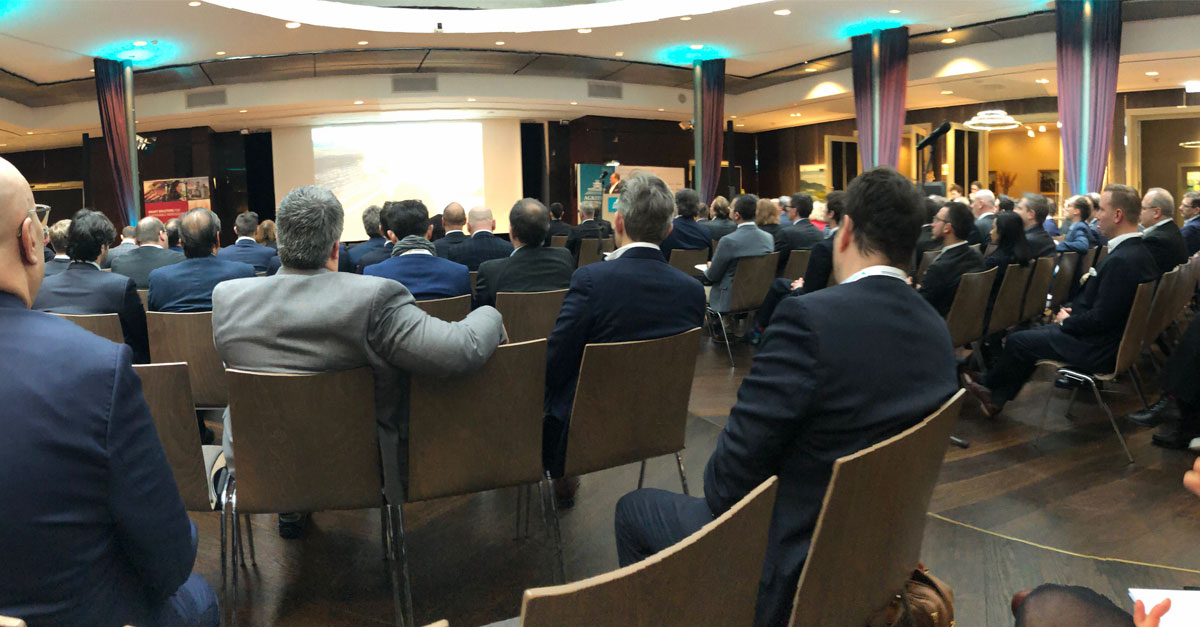
Digitalisation and rapid technological change are shaping modern agriculture – and are presenting it with completely new challenges. Therefore, the AGRITECH Supplier Summit 2020 had set itself the goal of showing and discussing successful solutions. Around 200 participants attended the event in Augsburg, which was initiated by the Berlin Institute of Supply Chain Management and hosted by AGCO.
Fendt factory tour
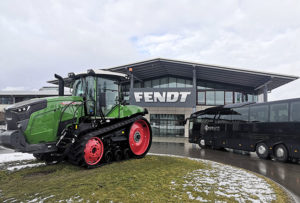
The day before the AGRITECH Supplier Summit already offered an absolute highlight: A factory tour at the Fendt tractor factory, part of the global AGCO Group: At Fendt in Marktoberdorf, 19,000 tractors were built in 2019 by more than 4,000 employees. The assembly department currently produces up to 100 tractors per day. The bandwidth is enormous and ranges from the smallest 100 series (70 hp) to the 1000 series (500 hp).
Challenges in agriculture
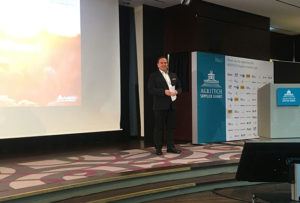
The core event the next day was opened by Josip T. Tomasevic, Chief Procurement Officer of the AGCO Group. In his opening speech, the host immediately outlined the major issues facing the agricultural industry: the 10 billion people who will need to be fed by agriculture in 2050, CO2 emissions and the associated climate change, price pressures – and the increasing consumer demand for organic farming and sustainable food. He emphasized the importance of smart farming with networked components and artificial intelligence, for example in the autonomous control of agricultural equipment.
He established the link to an automotive conference whose trend topics also apply to the agricultural sector:
- Decarbonization for an improved, i.e. lower Carbon Footprint. Consequently, electric drives are gaining in importance
- Deglobalization versus globalization in the context of global to local sourcing
- Risk management, especially with regard to the globally connected supply chains
- Costs: This is a holistic Total Cost of Ownership (TCO) consideration, because investments must pay off
Partnerships gain in importance
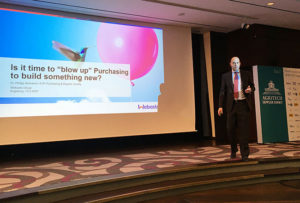
According to Dr. Philipp Schramm, EVP Purchasing & Supplier Quality at Webasto, a structural renewal is only possible with the right toolset (digitalization, efficient processes and standardization) and cooperative partnerships.
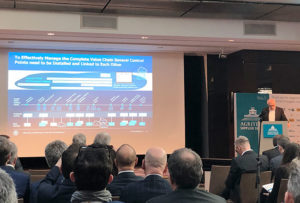
Wilhelm Rehm, member of the Board of Management of ZF Friedrichshafen AG, also emphasized that cooperation is essential for success and time-to-market. In his experience, partnerships with companies from fields of expertise outside of their own core industries play a decisive role. He also explained the impressive transformation process with which ZF is preparing for the challenges of the future – with strategic partnerships, agile teams, a future-proof procurement strategy and the supplier network via SupplyOn.
Technological innovations for the agriculture of tomorrow
Dr. Stefan Spindler, CEO of Schaeffler’s Industrial Division, presented technological innovations for agricultural machinery, such as high-performance rolling bearings and forging technology. In addition, sustainable and autonomously operating solutions for tomorrow’s agriculture are central.
Dr. Markus Schwaderlapp, SVP R&D at Deutz, spoke about the need for a CO2-neutral drive in times of climate change. He also pointed out that sustainable fuels are available, but – driven by different applications – a pluralistic mix of drive technologies currently seems to be the most appropriate.
Transparency in the supply chain is essential
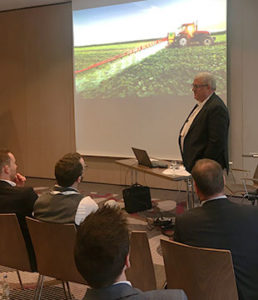
In his presentation, SupplyOn CEO Markus Quicken emphasized the importance of transparency in the n-tier supply chain. The SupplyOn approach of “the same platform at all levels” could help here to create precisely this transparency and initiate improvements with the help of analytics and AI.
Two panel discussions on purchasing strategy – “Global vs Local Supplier Sourcing” on the first day and “The Procurement of Innovations” on the second day – rounded off the event:
The panel discussion on the first day focused on the right commodity purchasing strategy, in search of the right “best cost countries” also from a risk perspective. The importance of a “dual sourcing” strategy in order not to be dependent on a single supplier was repeatedly emphasized.
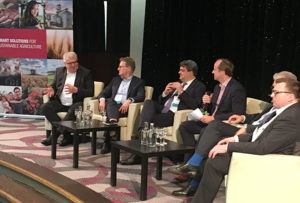
In the panel discussion on the second day, it became clear that in addition to product innovations, process innovations also contribute significantly to differentiation from the competition. Software development and artificial intelligence play a key role here. There was consensus on the importance of involving suppliers in the transformation of processes within the company – and that trust is a success factor in this.
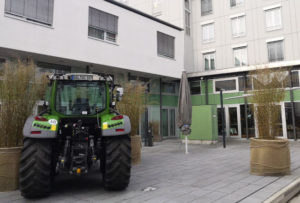
The next AGRITECH conference will take place on March 3 – 4, 2021, in the same venue.
